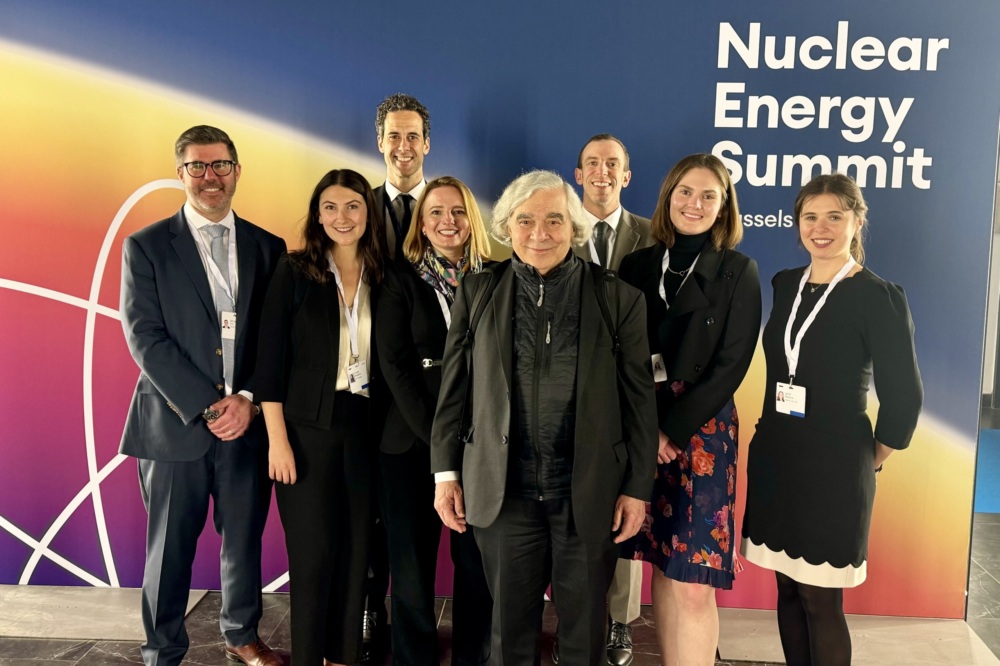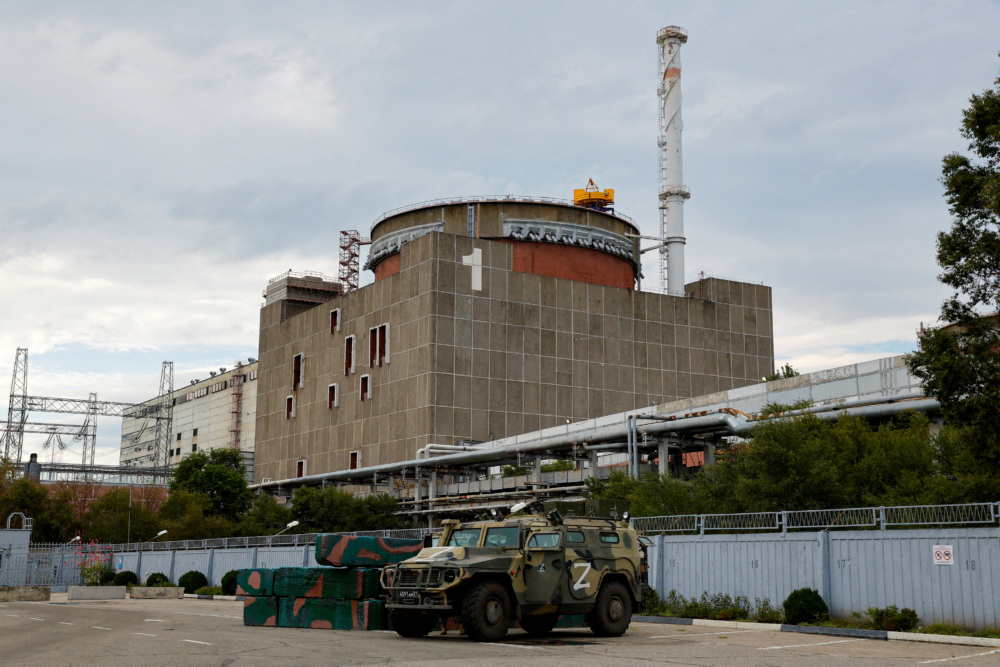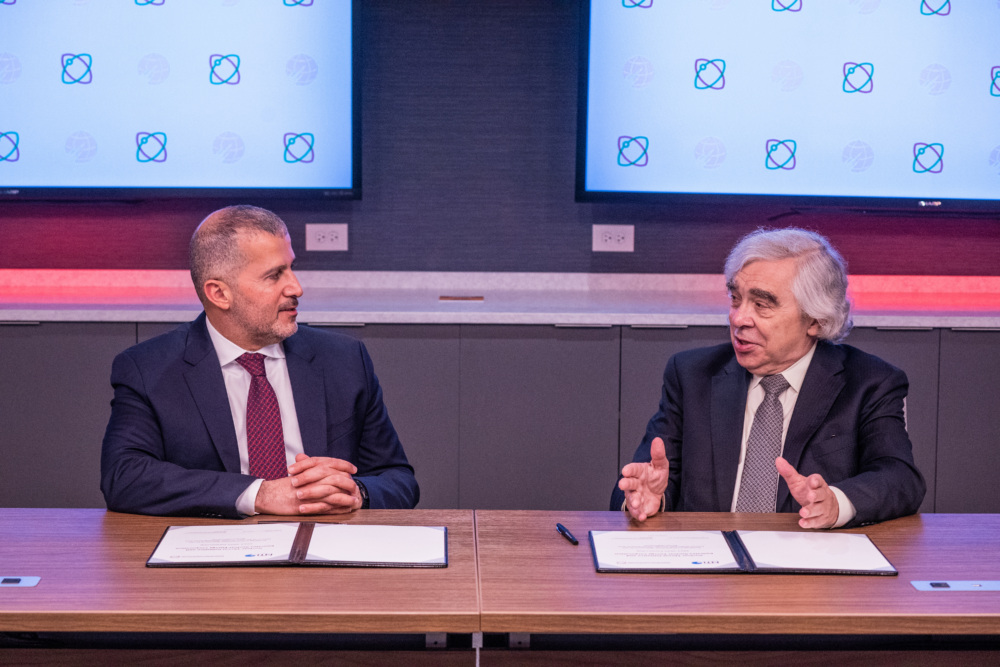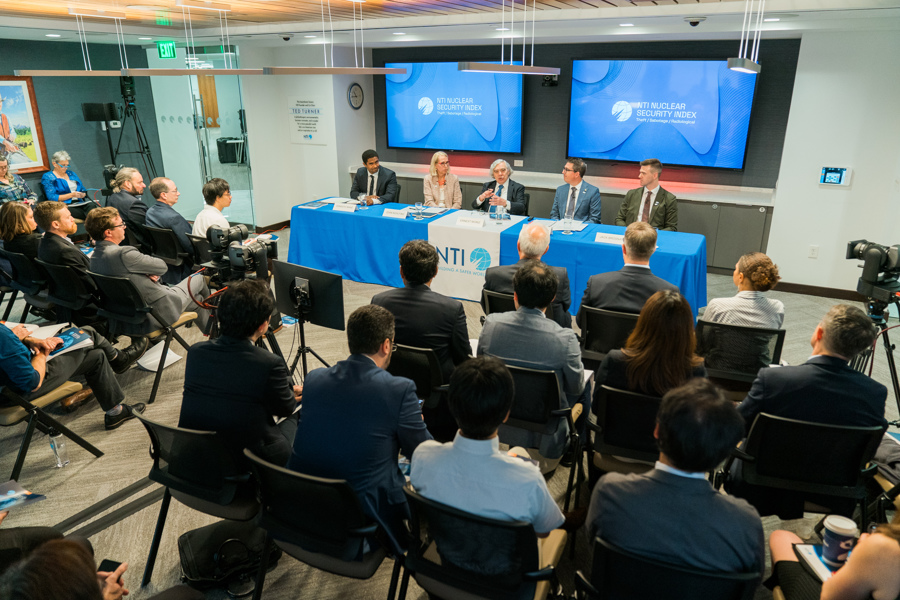As increasingly frequent and intense global crises pose new threats to civilian nuclear facilities, NTI has released a new paper, Nuclear Facilities in Times of Crisis, that evaluates existing strategies for reducing risks and recommends additional steps that governments, industry, and other stakeholders can take to build resiliency.
The NTI Paper examines two types of crises: armed conflict and natural disasters. Russia’s invasion of Ukraine and seizure of the Zaporizhzhia Nuclear Power Plant is a stark example of the type of armed conflict that nuclear facilities were not designed for, but now find themselves facing. At the same time, over 90% of the world’s nuclear energy plants are in locations that face high or extremely high risks of wildfire, drought, or flooding. The risks associated with these crises are particularly important to prepare for now, as a growing number of countries embark on nuclear energy programs in an effort to reduce their reliance on fossil fuels, bolster energy security, and improve grid reliability.
The paper’s recommendations fall into four categories:
- Preventing attacks on nuclear facilities by establishing and strengthening political and legal commitments for protecting facilities during armed conflict
- Building resiliency at nuclear facilities and improving response and contingency planning
- Containing crises that may erupt at a nuclear facility by keeping the most dangerous weapons-usable nuclear materials out of the fuel cycle
- Plugging gaps and planning for the future by developing an international code of conduct for dealing with armed conflict near nuclear facilities.
NTI launched the paper during a side event at the International Atomic Energy Agency’s 2024 International Conference on Nuclear Security in Vienna, Austria on May 23, 2024. NTI Vice President for Nuclear Materials Security Scott Roecker delivered opening remarks, followed by a panel discussion featuring Director of the Institute of Peace and Conflict Studies Dr. Ruhee Neog, Minister Councilor at the Ministry of Foreign Affairs of Slovenia Klemen Polack, Professor at Nagasaki University Dr. Tatsujiro Suzuki, and Manager of Internal and Regulatory Support Security at the United Arab Emirates’ Federal Authority for Nuclear Regulation Huda Al Blooshi, moderated by NTI Senior Director for Nuclear Materials Security Ross Matzkin-Bridger.
The paper will serve as the foundation for a broader effort that NTI is initiating to bring these recommendations to fruition. During the event, Roecker explained, “Nuclear facilities are facing some real security challenges, but our project is not just about identifying problems. It is focused on laying out solutions. We look forward to working with governments, industry, and other stakeholders to this end.”





